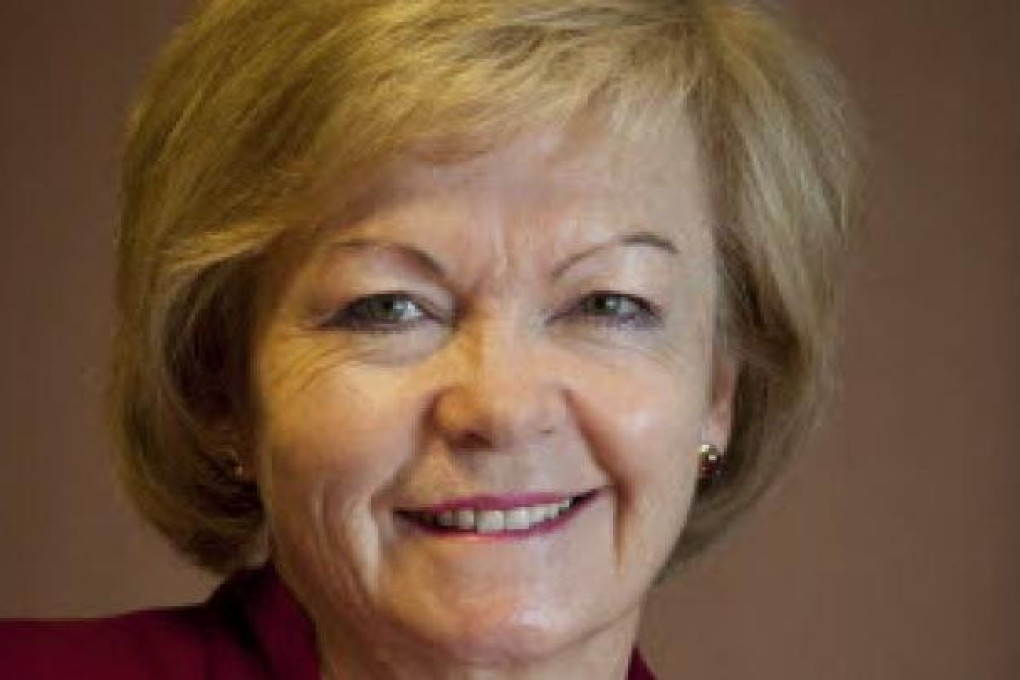Pursuing an informed world view with Deakin
Discovery Reports

Vibrant, dynamic and multicultural, Deakin University embodies not only Australia's thriving economic landscape but the increasing global consciousness of society at large.
The first university in regional Victoria, Deakin is distinguished for its proactive approach and contemporary education methods. Committed to contributing to its surroundings, Deakin is deeply involved in rural and regional communities. It aspires to be a catalyst for positive change for the individuals and the communities it serves - and to be recognised as Australia's most progressive university.
"Deakin realises that it is important for students to understand the world and their place in it," says vice-chancellor and president professor Jane den Hollander. "An informed world view - this is what we want our students to experience and be equipped with as they move on to contribute to their own communities."
Since its establishment in 1974, the university has grown to become among the country's largest universities with a student population of more than 36,000. From its first campus in Waurn Ponds in the Geelong area, the university has branched out to three additional sites in Warrnambool in Southwest Victoria, Burwood in Melbourne and at the Geelong Waterfront.
Such diverse locations allow students to choose among metropolitan, regional and rural study environments. These learning-conducive surroundings are complemented by outstanding and state-of-the-art facilities, including the Deakin Motion.Lab at the Melbourne Burwood campus and the new-generation library learning spaces at Geelong Waurn Ponds campus.
Deakin offers more than 550 courses and a range of combined degree options developed to adapt to the changing trends in the Australian and international labour markets. These revolve around 15 main areas of study: architecture and built environment, arts, business and management, business information systems, education and teaching, engineering, environment, health and community services, information technology, law, medicine, nursing, psychology, science and sport. Postgraduate programmes are also offered in more than 40 areas.
A research-driven institution, the university has made a name for itself in the global academe not only for its many timely and solutions-based studies but also for its collaborative initiatives made across industries and countries. Encompassing the most cutting-edge and socially relevant areas of study, Deakin hosts 11 strategic research centres and two research institutes. It recorded its highest level of research grants awarded last year by the National Health and Medical Research Council and Australian Research Council.